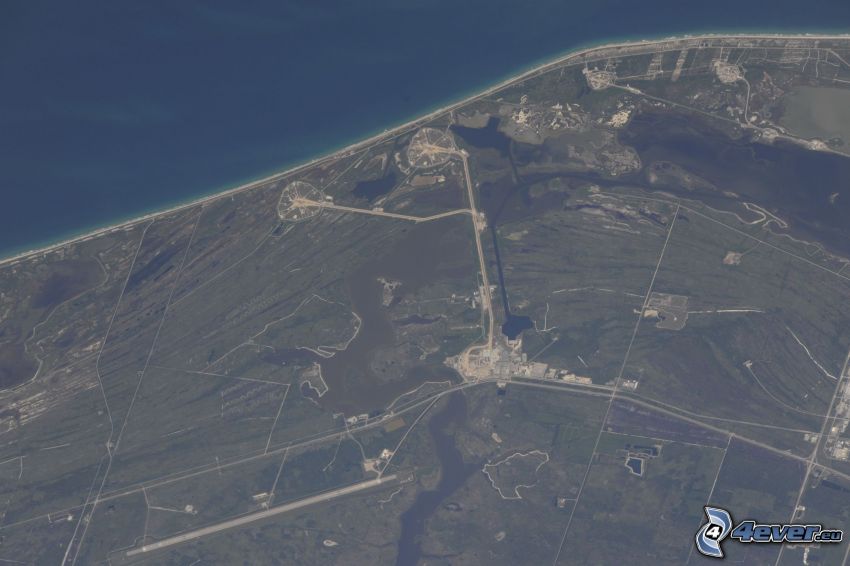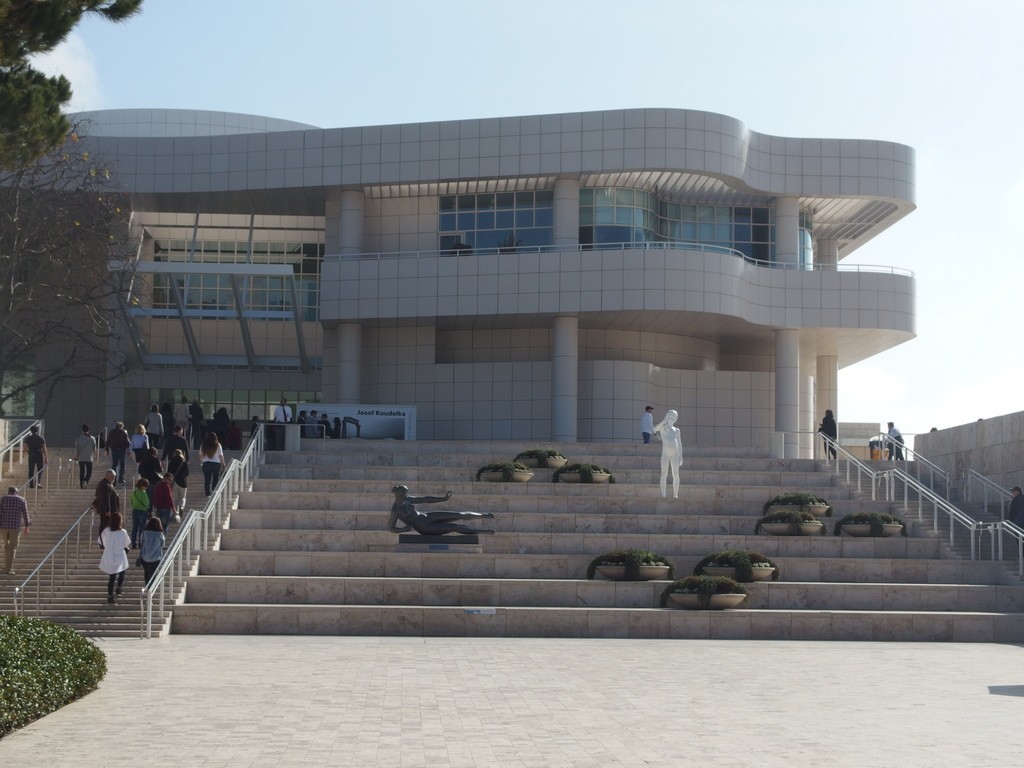


The contents of the Vita Nuova are presented as autobiographical, and yet precise details are missing _ especially topological indications _ to place the events in the real world. Observe that the poet-narrator-glossator never mentions the name of the city that constitutes the evanescent scenery of the story. Dante refers to this place as «the aforementioned city» («la sopradetta cittade») and this little expression functions throughout the narrative as a kind of leitmotiv.

It echoes the tone of the whole book, which is one of semi-secrecy: this Bildungsroman is an ambiguous and fascinating synthesis of revelation and dissimulation. The fact that we do not see, not even once, the name of Florence in what is supposed to be a book of memory, is by no means casual: on the contrary. If Dante has cut out the sensuous details of his environment. it must be because this world has no significance for the story. It is also true that, by this negative approach he has achieved something positive, a suggestion of universality: this city in which a moral drama is unfolding could be any city belonging to any time (and the lover could be Everyman). In fact, the name of the city, the beautiful evocative name, Firenze, is never mentioned. This must be related to the words of his Proem: However, Florence is frequently alluded to through a periphrasis: as if Dante wanted his text to retain an intermediate position between mere autobiography and moral parable. It is my intention to copy into this little book the words I find written under that heading _ if not all of them, at least the essence of their meaning. This amounts to saying that the poet intends to obliterate such elements of his biographical data as are accidental or atypical _ in order to broaden his own moral drama to a universal dimension. Thus Dante follows his genuine bent of mind, which is, as Frederic Ozanam says in his well known essay on Dante and Catholic philosophy, «a bold, and naturally metaphysical turn of thought, placing itself from the outset in the invisible world, beyond the limits of time and of this earth». 4īut a precise location for the various «mansions» of the moral drama are missing as well. This creates in the reader's mind an oneiric impression, well in keeping with the importance of dreams and visions in the Vita Nuova. Moreover, the paranormal states of consciousness that Dante as protagonist experiences in his libello are often accompanied by a modification in his perception of space, which can result in a complete loss of spatial consciousness. The expression «I no longer knew where I was» («io non sapea ove io mi fosse») is another recurrent expression in the Vita Nuova (it occurs in two chapters). 5 The most striking example is to be found in chapter XXIII, where Dante evokes his premonitory dream about Beatrice's death: «While my imagination was wandering like this, I came to the point where I no longer knew where I was». It is worth noticing that here Dante gives a concrete spatial significance to the verb «to wander» («errare»), exploiting its polysemia. The verb means both to wander, bodily, and to err.


 0 kommentar(er)
0 kommentar(er)
